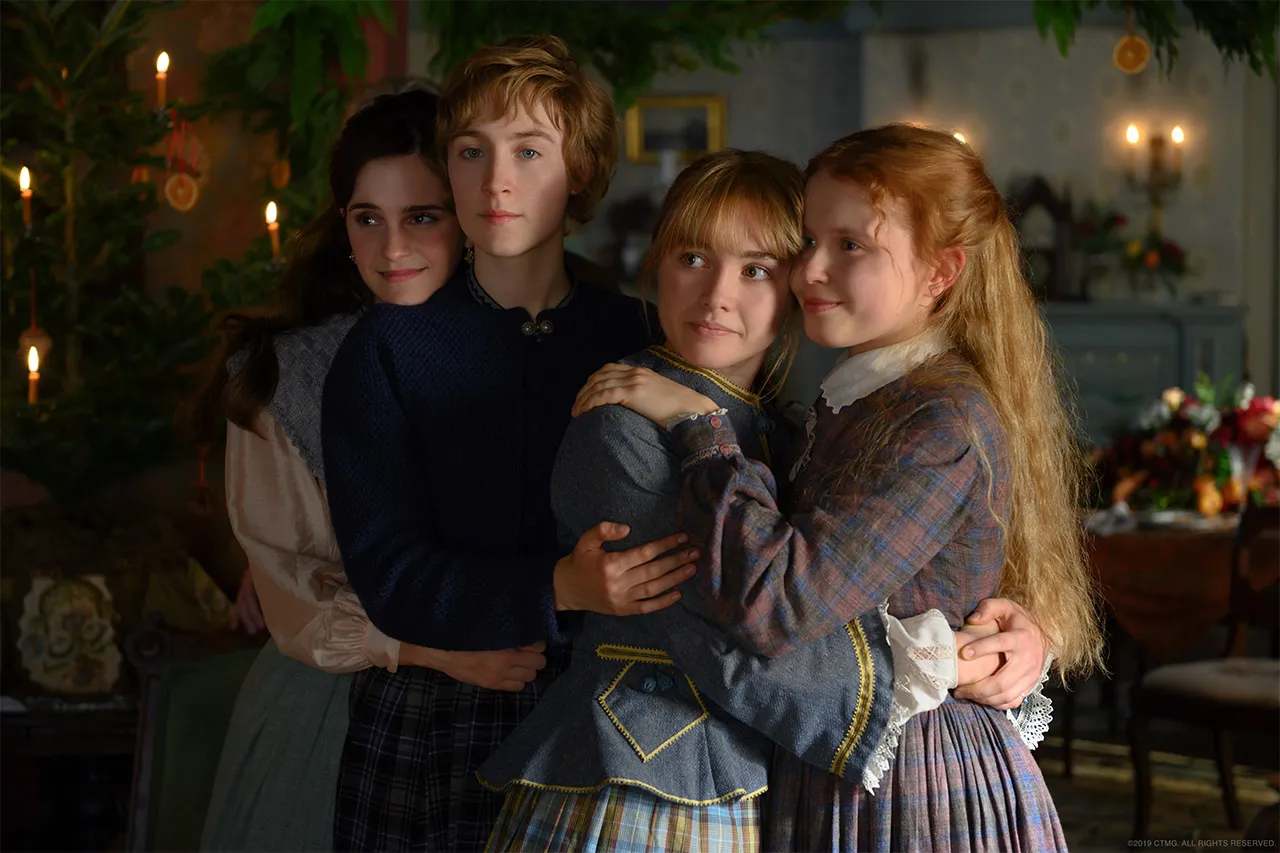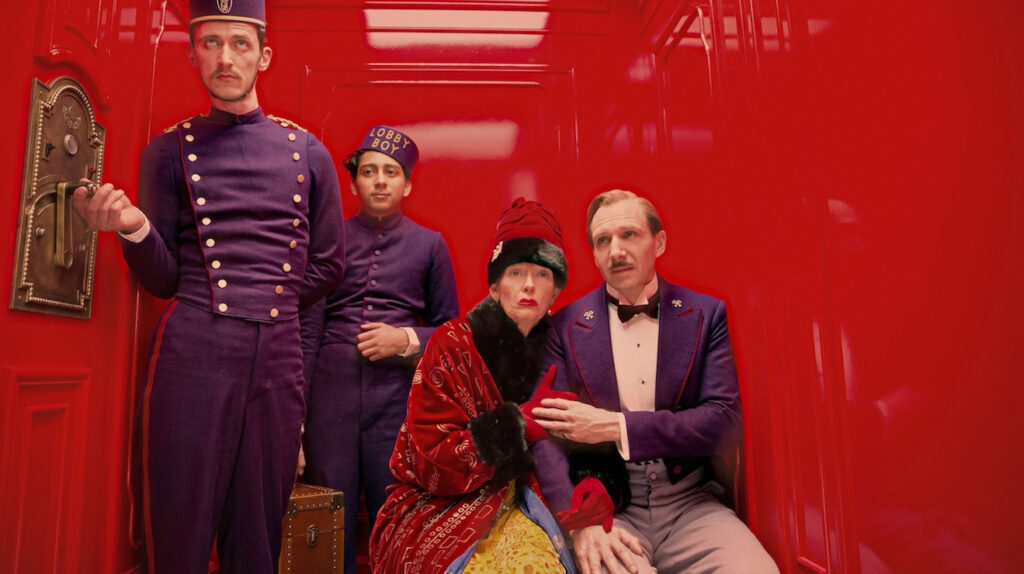Greta Gerwig’s 2019 adaptation of Louisa May Alcott’s timeless classic ‘Little Women’ takes the enduring tale of the March sisters and turns it into an emblem of female empowerment and solidarity, a sisterhood that transcends time and culture. It’s a heartening narrative that offers a 21st-century take on feminism wrapped in 19th-century sentimentality.
The narrative journeys through the lives of the four March sisters – Jo (Saoirse Ronan), Meg (Emma Watson), Amy (Florence Pugh), and Beth (Eliza Scanlen) – who embody a mix of hope, aspiration, and audacity. Their individual dreams are distinct and equally captivating, speaking volumes to the diversity of women’s experiences and dreams.
One striking aspect of Little Women (2019) is the way it highlights the plight of women during the period. It captures the domestic sphere with a keen sense of realism, and portrays how these women skillfully navigated the social structures of the time. They are stitched into a society where their hopes and aspirations are often sidelined, but Gerwig helps us understand the subtleties of their defiance and resilience.
Saoirse Ronan is extraordinary as Jo March, the second daughter who aspires to be a writer and refuses the conformities of marriage. Her performance pulsates with feverish energy, beautifully capturing Jo’s rebellious personality and furious determination. Florence Pugh shines equally bright as the youngest March sister, Amy. This rendition of Amy is perhaps the best on-screen depiction of the character, revealing layers of vulnerability, ambition, and charm that reshapes a character often misjudged.
The quieter moments between the sisters are where Gerwig’s adaptation truly shines. Scenes of the girls laughing, arguing, playing, and dreaming inside the respite of their attic imbue Little Women with authentic warmth and intimacy. These scenes humanize the characters and their relationships, fostering a camaraderie that feels intensely personal and affecting.
Equally as compelling are the film’s tender moments between Jo and her mother, Marmee (played delicately by Laura Dern). The conversations reflect on their shared resilience and bring forth a unique perspective on the essence of womanhood. Their connection provides a nuanced exploration of the choices that women must make and the strength required to persist and push against societal norms.
Gerwig paints the narrative canvas with a remarkable sense of color. The film is a visual delight, with splendid costume design and aesthetic cinematography. The contrasting color schemes between the blissful past and bleaker present create a fascinating visual experience, reflecting the emotional journey of the characters.
The screenplay, written by Gerwig, cleverly intertwines the past and present, oscillating between the sisters’ carefree, youthful moments and their contrasting adult lives. This non-linear timeline gives viewers a captivating storytelling experience, offering a fresh lens to view Alcott’s story through.
Alexandre Desplat’s score, interspersed with period-appropriate folk tunes, resonates beautifully with the narrative, enhancing the film’s nostalgic tone. The film’s dialogues, while staying true to the period, also ring eerily relevant to the present-day scenario, adding a contemporary twist.
However, the movie’s charm lies in not just its depiction of feminist themes, but also in showing the varying definitions of success. Each sister carves out her unique path, just as compelling and satisfying as the others, underlining that there is no ‘right’ way to be a woman.
Yet, the film doesn’t shy away from the fact that women’s paths are fraught with compromise, sacrifice, and the ongoing struggle for independence, a fact resonated in a molten moment when Jo questionably asks, “Who will be interested in a story of domestic struggles and joys? It doesn’t have any real importance,” to which her mother sagely responds, “Maybe we don’t see those things as important because people don’t write about them.”
With ‘Little Women’, Gerwig offers a sparkling gem of a film that is vibrant, endearing, and resonates with a powerful feminist undertone. Undeniably, this adaptation shines as an epitome of feminine solidarity. A heart-warming cinematic experience, it’s more than a story of four sisters; it’s a story of resilience, love, dreams, and a testament of women supporting women. Little Women (2019) celebrates the ‘domestic struggles and joys’, presenting them in all their beauty and importance, making it a must-watch even a century and a half later.


